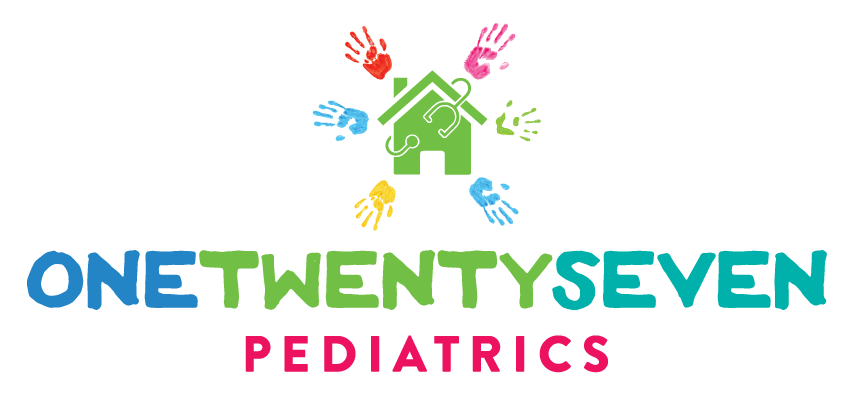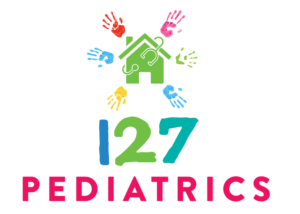Unfortunately, difficult conversations with children prove a necessity in the time in which we live. While our instinct as parents is to protect our children from the world, it is also important to consider that they also need to be able to navigate difficult situations and difficult subjects.
As a parent, I prefer that my child hear about hard things and difficult topics from me instead of one of her friends at school or on the evening news.
In our fast-paced society, it is sometimes challenging to know how much of the badness of the world we should be sharing with our kids. Subjecting them to 24-hour news coverage is not wise and takes away from the innocence that they have a right to enjoy as a child.
The constant news cycle can be overwhelming, even for adults. This continuous exposure to difficult issues contributes to the mental health crisis in our country.
However, there are certain events like divorce in the family, the latest mass shooting, or a life-changing diagnosis for a parent that we should not hide from our children.
As a pediatrician and mother, here are the 6 things that I want you to consider before you have a difficult conversation with your child.
- Find Out Your Child’s Thoughts First
- Use Age-Appropriate Language
- Seek Out a Neutral Environment
- Allow Your Child Time to Process
- Do Not Lie to Your Child
- Know When to Seek Professional Help
Find Out Your Child’s Thoughts First
We can’t know the destination of our conversation unless we first understand what our child thinks about the situation. You don’t want to have a tough conversation with your child if you don’t know what he or she already understands about the subject.
Ask simple questions to gauge where your child’s understanding is about current events. Use basic terms to fill in details and correct places where your child may have the wrong idea about a tough issue.
Use Age-Appropriate Language
Effective communication of abstract concepts begins with using the simplest terms and age-appropriate language to explain these events to your child. From babies to teens, a child’s age and maturity level are important to consider as you are tackling tough conversations.
You would not explain a situation to a teenager in the same way that you would explain it to a preschool-aged child. Make sure that you are using correct words and descriptions, but use the language necessary to help your child to understand.
Avoid idiomatic expressions or slang when describing situations to your child. Keep your language simple and direct.
Seek Out a Neutral Environment
Often, when I begin a difficult conversation with my own child, I seek out a location that makes her feel comfortable. Additionally, I choose a place that eliminates distractions so that she can pay attention to the words that I am saying. Often, we begin our conversation at home sitting on the couch. Depending on the topic, our conversation may continue over the course of days or weeks.
Taking her for ice cream or sitting on a park bench at her favorite neighborhood park are great neutral environments that give us space for discussion. As she brings up new aspects of the topic, I answer her questions but also pose open-ended questions so that I can continue to gauge her understanding.
Allow Your Child Time to Process
Create a safe space for your child to process the information that you have given them over time. Different children will process information at different rates and in different ways. Depending on their developmental stage, a child may continue to ask questions over a long period of time or conversely may be satisfied with the information that you gave them in your first conversation.
An anxious child may need more reassurance and/or more time to process the topic. Conversations with kids should be based on their individual traits and needs.
Do Not Lie to Your Child
Lying to your child does not serve them. You can protect them by not sharing every detail of the event with them but never lying to them.
Difficult subjects can be uncomfortable for parents, but it is important for you to be a leader for your child in this area. Our job as a parent is to teach our children how to become competent adults.
Tackling difficult subjects and not lying are skills that are important for them to know how to do as they grow.
Know When to Seek Professional Help
There may be times when you need to involve a professional to help you have a tough conversation or tackle a difficult issue with your child. A lot of times if you as the parent are also affected by the terrible news, i.e. you and your husband are getting divorced or maybe you are the one that was diagnosed with the life-altering disease, you may need some extra help to navigate these topics.
Keeping your own feelings in check as you help your child process may be difficult or beyond the capacity that you have at the moment. There is no shame in asking for help from a mental health professional to help your child work through their emotions. Whether it is play therapy for a younger child or talk therapy for an older child, mental health professionals are trained to aid in the processing of emotions.
Additionally, you may need to involve your child’s pediatrician if you are considering medication to help your child get through depression or anxiety that may be associated with the difficult situation. Pediatricians and family medicine doctors are great resources to help families deal with the challenges in life.
Concluding Thoughts
In conclusion, having difficult conversations with children can be daunting and challenging. However, there are several things that you can do to make the process easier for both you and your child. Make sure to use simple language when discussing a difficult topic, seek out a neutral environment, allow your child time to process the information, do not lie to your child, and know when to seek professional help if needed.
By taking these steps, you will be better equipped to handle any difficult conversations that come up in the future.
If you are looking for a pediatrician that has the time to listen to you and provide personalized care for your kids, give us a call.
© 127 Pediatrics; June 2023
This article is for informational purposes only and should not be construed as medical advice.

Dr. Andrea Wadley is the owner, pediatrician, and breastfeeding medicine specialist for 127 Pediatrics. She has an established house-calls-only concierge pediatric practice in Colleyville, TX. She is also the owner and operator of the 127 Pediatrics Online Breastfeeding Medicine and Education Center.


